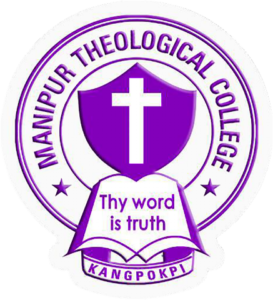Library

our library
Manipur Theological College treats library as one of the most important organ of the college, as it is not only a repository of books and documents, but also a resource/information centre, and centre of several academic activities. The Library contains more than 12,000+ volumes containing all aspects of theological curricula. Approximately 500 new volumes are added annually.

